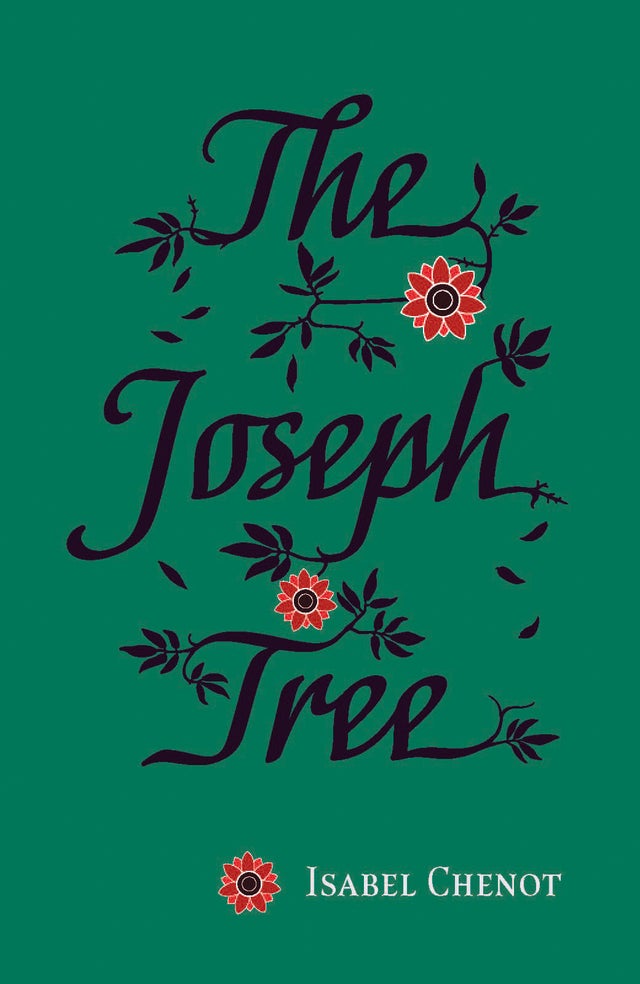I think there a number of reasons that, relatively speaking, the Reformed have not produced much in the way of strictly literary work. It's an interesting question that would be worth pursuing from a sociological perspective. But "not much" is not the same as none, and so here is a new collection of poems:


The Joseph Tree, by Isabel Chenot
Isabel Chenot has loved and practiced poetry all her remembered life. Her work has appeared in places like Anima, Assisi, Blue Unicorn, Quill & Parchment, Spirit Fire, Rabbit Room, Tinderbox, and Story Warren. Her retelling of an old fairy tale, 'West of Moonlight, East of Dawn,' is forthcoming...
www.wisebloodbooks.com
